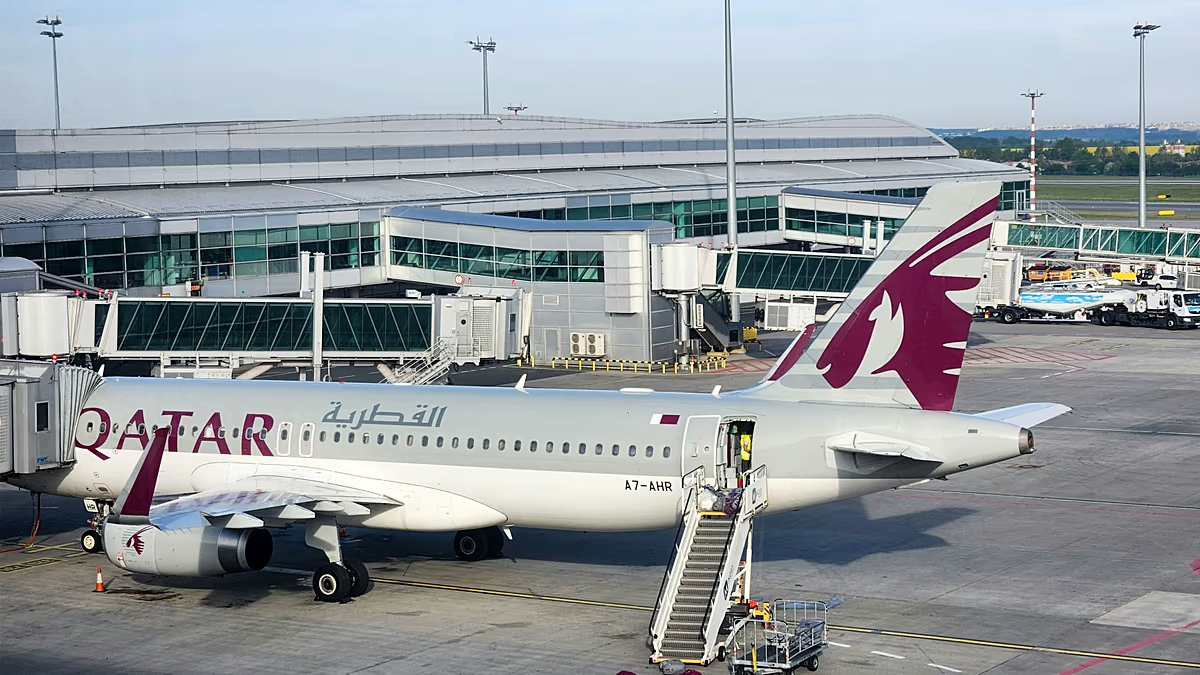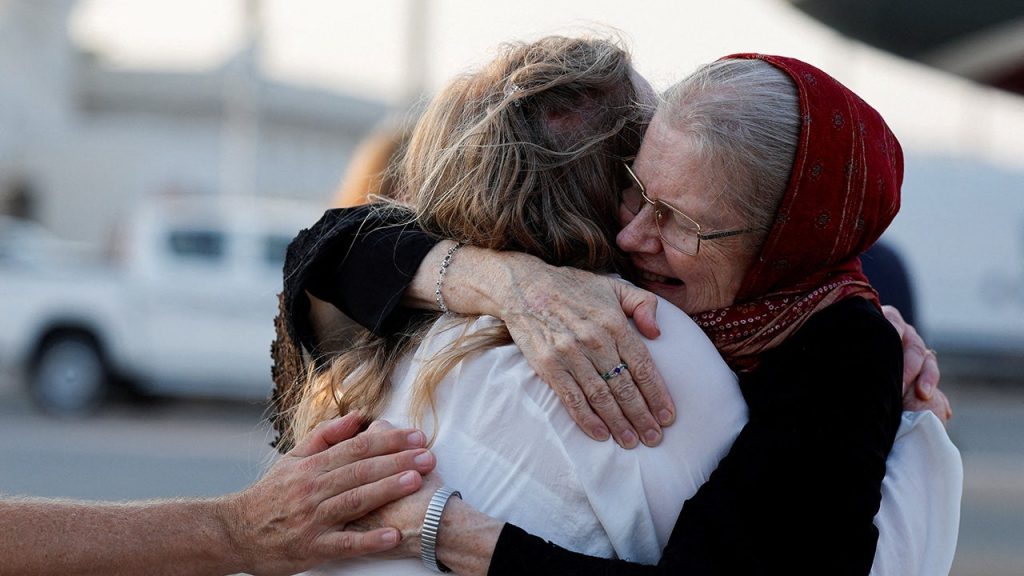British Couple Returns to Freedom After 8 Months of Taliban Captivity
In a heartwarming conclusion to a lengthy ordeal, Barbie Reynolds, 76, and her husband Peter Reynolds, 80, have finally been released after spending eight months in Taliban captivity. The elderly British couple, who had dedicated 18 years of their lives to running an education charity in Afghanistan, arrived in Qatar on Friday following extensive diplomatic negotiations between Qatari officials, the Taliban, and the British government. Despite their harrowing experience, Barbie expressed a surprising sentiment at the Kabul airport before their departure: “God is good, as they say in Afghanistan.” Even more remarkably, she indicated that they would return to Afghanistan if given the opportunity, reflecting their deep connection to the country where they had both obtained citizenship and invested nearly two decades of humanitarian work.
The emotional reunion in Doha, Qatar brought tears and relief as the couple was greeted by family members, including their visibly moved daughter, Sarah Entwistle. “Thank you for giving us our family back,” she told reporters, her voice filled with gratitude. Sarah emphasized the family’s eternal appreciation for the Qatari and British governments who stood by them throughout the challenging period. “This experience has reminded us of the power of diplomacy, empathy and international cooperation,” she remarked, highlighting how international relations at their best can result in humanitarian victories. The couple’s son, Jonathan Reynolds, speaking from the United States, revealed that his parents’ health would likely have deteriorated significantly had their captivity continued much longer, despite efforts by Qatari officials to ensure they received medical attention and necessary medications during their detention.
The circumstances surrounding the Reynolds’ detention remained somewhat vague, with Taliban officials claiming the couple had violated Afghan laws without providing specific details. Throughout the ordeal, the family had accused the Taliban of mistreating the elderly pair and repeatedly called for explanations regarding their detention. United Nations health experts had issued warnings that the prolonged captivity could pose serious health risks to the couple, potentially even resulting in death given their advanced age and medical needs. The situation highlighted the precarious position of foreign nationals and humanitarian workers in Afghanistan since the Taliban returned to power following the U.S. withdrawal in 2021, creating an environment where even long-term residents with deep community ties could suddenly find themselves detained.
The successful resolution required delicate diplomatic maneuvering between multiple parties. Mohammed bin Abdulaziz al-Khulaifi, Qatar’s minister of state, expressed gratitude for the “fruitful cooperation” between the United Kingdom and the Taliban that ultimately secured the couple’s release. Qatar has frequently served as an intermediary in complex international negotiations involving the Taliban, leveraging its unique diplomatic position to facilitate dialogue between the Afghan government and Western nations. British Special Envoy to Afghanistan Richard Lindsay described the day as “a very great humanitarian day,” while carefully navigating the political sensitivities by adding that it was “obviously up to the [Afghanistan] authorities here to determine why they were detained,” maintaining diplomatic channels for future negotiations.
British Prime Minister Keir Starmer publicly acknowledged the crucial role played by Qatar in securing the Reynolds’ freedom, specifically thanking “the emir, His Highness Sheikh Tamim bin Hamad al Thani.” This high-level recognition underscores the importance of Qatar’s diplomatic efforts in resolving the situation and highlights the continuing need for international cooperation in addressing humanitarian issues in Afghanistan. The British government’s involvement in securing their citizens’ release demonstrated the complex diplomatic relationships that continue to evolve in the region, particularly as Western nations navigate engagement with the Taliban government without formal recognition of their authority.
The Reynolds’ story represents both the deep human connections that transcend political boundaries and the complicated realities of international humanitarian work in politically volatile regions. After dedicating nearly two decades to improving educational opportunities in Afghanistan, the couple found themselves caught in geopolitical tensions beyond their control. Yet their expressed willingness to return to Afghanistan, despite their ordeal, speaks to their remarkable commitment to the Afghan people and their charitable mission. As they recover from their eight-month captivity and reunite with loved ones, their journey serves as a poignant reminder of both the risks faced by international aid workers and the profound impact that dedicated humanitarians can have on communities around the world, even in the most challenging circumstances.















